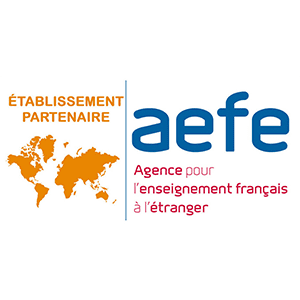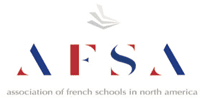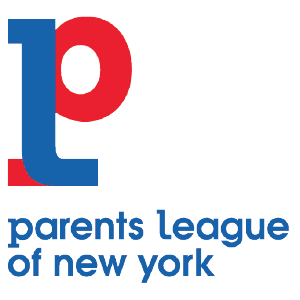5 Compelling Reasons Preschool/Early Education is so Important
Young children have an innate desire to learn and explore. Notice how children will begin to investigate their world as soon as they can walk and begin to experiment with language as soon as they can talk. Children attempt to make sense of all the new sights, sounds, and textures they encounter. Now, imagine if they were in an environment that presented them with a variety of new experiences and answers to the many questions they have. Their world would be one giant learning adventure that stimulates their minds and satisfies their curiosity. That’s what preschool and early learning facilities do for the children they serve.
At home, parents may teach their children words, songs, rhymes, and a love for books, but preschool provides the structure and opportunities to build upon this foundation. Children desire to understand themselves and their world, and a preschool setting facilitates that desire. According to the research findings put in a report entitled, “The Current State of Scientific Knowledge on Pre-Kindergarten Effects,” children who attend preschool or early learning programs are “better prepared for kindergarten than kids who don’t.” Preschool and early learning benefit children in at least the 5 following ways:
Encourages curiosity
Parents may wonder if their children are born curious. Young children are constantly exploring, touching things, and asking questions. While this may seem to be a challenge at times for parents in the home environment, it is the perfect behavior for preschool. Preschools encourage children’s curiosity by allowing them to have many hands-on experiences that provoke thoughtful questions. Teachers are always on hand to stimulate thought and then provide answers. For example, while exploring dirt, bugs, and worms, children may ask “do worms have eyes?” or “do bugs fly?” This opens up a curiosity-based learning opportunity.
Fosters a love of learning
Children are natural lovers of learning. Watch their faces fill with wonder as they watch an egg hatch or learn how birds build their nests. Early learning environments nurture that inborn love for learning because the curious nature of the child is free. At preschool, education is done through playtime. This connects playing (fun) with learning (education). Richard Ryan, Ph.D., a psychology professor says when you combine learning with play, kids will “experiment with everything from attitudes and ideas to shapes and colors — all in the name of fun.” Preschool teachers are not so concerned about the extent of their learning at this age but on fostering a love for learning.
Develops social skills
One of the key objectives of preschool is to help children develop social skills. According to Kathleen McCartney, Ph.D., dean of Harvard Graduate School of Education, in Cambridge, Massachusetts, preschool is so important for children because it’s when “they learn how to socialize — get along with other children, share…” The opportunity to learn these important social skills occurs when children must take turns, work in groups, interact with a variety of different children, and not interrupt.
Strengthens self-management skills
The Center on the Social and Emotional Foundations for Early Learning states, “self-management is used to teach children (typically 4 years of age and older) to pay attention to their own behavior and to complete activities or engage in interactions using appropriate behavior. Self-management can help children use appropriate play and social interaction skills, participate in classroom routines and engage in instructional activities.” In preschool, children may be given tasks that require them to work within certain parameters such as completing a task at a particular time or in a certain order. This gives them the opportunity to manage their actions and check on themselves to make sure the task is done properly. For example, children may need to manage their hygiene activities such as washing their hands before snack time. They may need to regulate their behavior when told it’s clean-up time. Teachers often help children with self-management skills by displaying a chart with the desired behaviors and activities and other great whole-class and individualized methods to help the children along.
Boosts independence and self-esteem
Preschool may be the first time a child is away from his/her parents for an extended period of time. Although this may prove difficult for both parties at first, it can also very much work towards the children’s benefit. Children learn independence in a preschool learning environment which, in turn, increases their self-esteem. Sometimes parents wonder why their children seem dependent on them at home, but do things for themselves at preschool. Jennifer Zebooker, a teacher at a nursery school in New York City says that children are required “to pour their own water at snack, to throw away their plates, to hang up their jackets — and they do.” When you raise the expectations of children, they will perform.
Preschool gives children a solid foundation to build on as they enter kindergarten. Tessa International School is committed to providing children with an excellent, individualized, nurturing experience. For more information about our program, please contact us today!

















